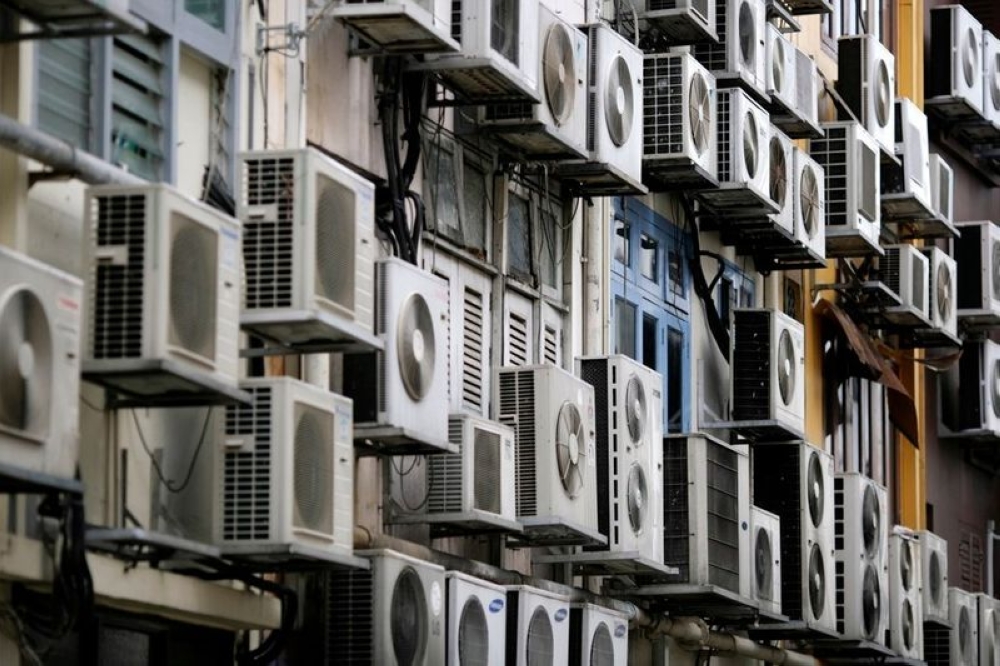KUALA LUMPUR, Aug 5 — With climate change causing erratic temperatures in tropical Malaysia, the health risks to very young children, older adults, or even fit people who do not have the luxury of air conditioners at home can be very severe.
To these vulnerable groups, it can be a life or death situation. Here’s why, in case you didn’t already know.
The elderly
As people age, their bodies struggle more with heat regulation. This means older adults can easily become overheated, especially if they have chronic health issues like heart disease or diabetes.
This also affects those who take certain prescription medications as they could find it harder to regulate their body temperature or feel the effects of extreme heat more acutely.
Additionally, conditions like dementia can make it difficult for them to recognise the need for protective actions during a heatwave, putting them at greater risk.
How to keep the elderly comfortable during hot days
- Limit their time outdoors.
- Ensure the house or at the very least their rooms remain cool.
- Provide damp washcloths and/or spray bottles filled with water within easy reach to wick away sweat and keep the body cool.
Babies, toddlers, and other young children
Children are another group that needs special attention during heatwaves as their smaller bodies heat up quicker and they are not yet able to regulate their internal temperature compared to adults.
This makes them more vulnerable to heat exhaustion and heatstroke, especially when they are active outside and not drinking enough fluids.
As minors, they depend on their guardians to keep an eye out for their safety.
How to care for young kids indoors and outdoors
- Ensure their wattle bottles are filled with water or juices before going out.
- Dress them in light-coloured and loose-fitting clothing to prevent heat absorption and allow for ventilation and protect against sun exposure.
- Clothing made of a single layer of absorbent material can aid in sweat evaporation, which helps with cooling, as children sweat less than adults.
- Make sure they take regular breaks while playing outdoors by resting indoors or in the shade so they can cool off and rehydrate.
- Offer to spritz them with water to cool them down if they refuse a shower or bath.
- Most importantly, don’t leave them alone in the car even for a few minutes with the engine shut off as the temperature inside a car can rise dangerously quickly, even if the windows are open.
People with low-incomes
Low-wage earners who live in poorly insulated homes that trap heat often lack access to cooling systems like air conditioning. These factors make it harder for them to stay cool when temperatures reach scorching levels due to financial constraints.
The income disparities mean that they might have chronic health conditions and less access to medical care, which makes them even more vulnerable to heat-related issues that could lead to respiratory and cardiovascular diseases.

How to guard this group
- Ideally, provide access to subsidised air conditioning units and fans for low-income households as well as invest in infrastructure improvements such as urban green spaces and reflective roofing to reduce heat island effects.
- It is important to conduct outreach programmes to inform these communities about heat risks and available resources and offer emergency aid and support services to help individuals cope with extreme heat.




















